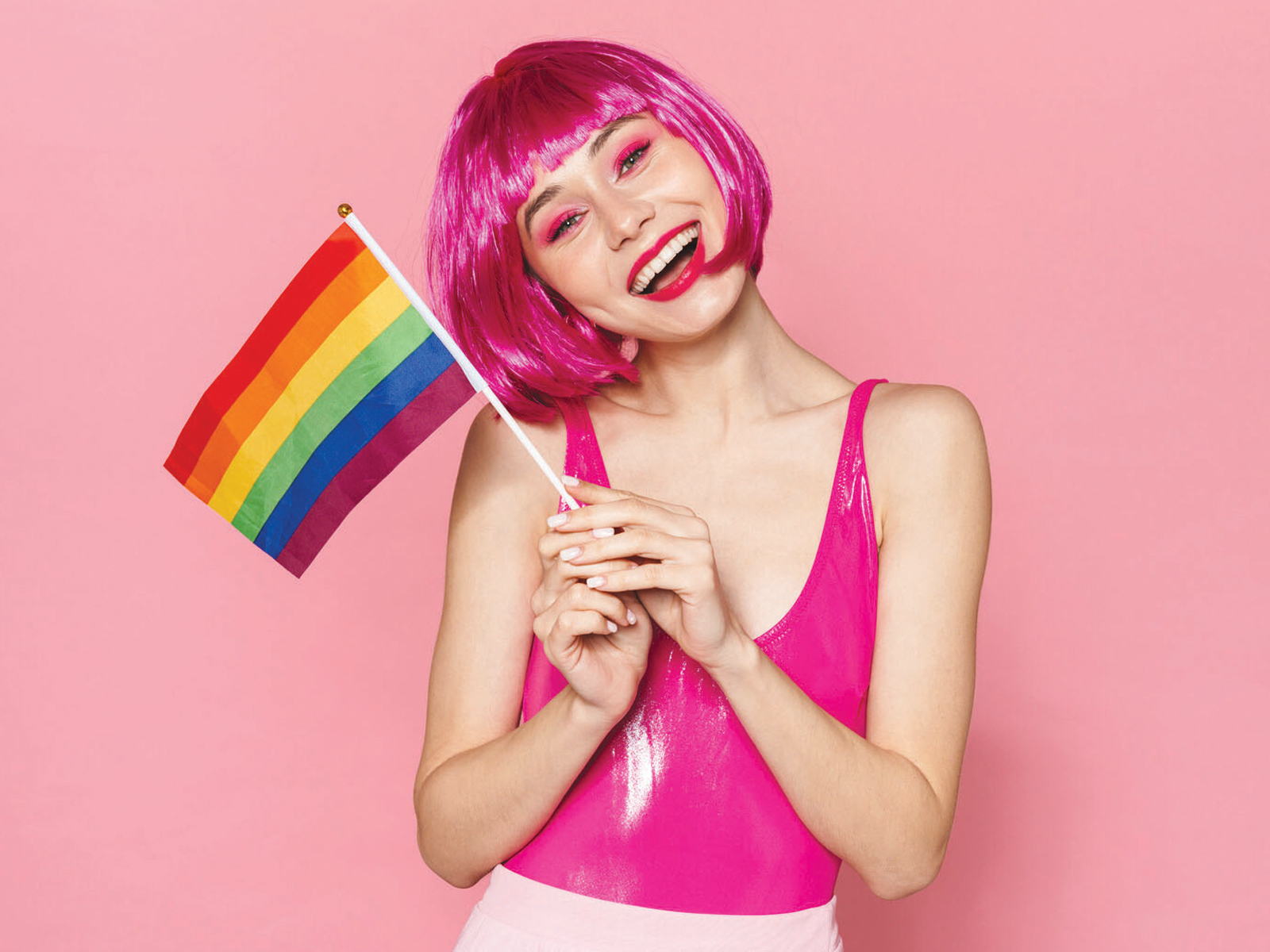By Tai Young
Inever liked the word ‘‘other.’’ It would taunt me in the school halls, interrupt a pleasant day at the fair, inhibit me from going places, and never failed to remind me that I was different. You could imagine my confusion, considering the fact that I’ve never actually felt different. However feeling is not fact—and society can be cruel.
Factually, I can’t walk, so society takes their moment to send me condolences that I have never asked for or needed. For a while I learned to tune them out, decipher which conversations were rooted in friendship and which in pity—a skill I probably shouldn’t have to have. Despite society’s claims, I am no saint, and after enduring endless hours of their apologetic conversations, it would be a lie to say that they never got to me.
It was hard to wrap my head around reality, or maybe it was just because I was a 12-year-old kid questioning the philosophy behind disability, and the psychology of childhood upbringing, which is probably not a usual thought process of an elementary school student. Either way, I concluded my studies with the fact that out of all the shows, musicals, and movies that I loved I had never seen someone like me. If I hadn’t, then surely my classmates wouldn’t have either. This was where it all started: feeling like the ‘‘other,’’ the tick box left in case anything was forgotten, the stories only ever written to appease those whose mantra was ‘‘at least I’m not disabled.’’
As an arts student, I’ve always had an infatuation with creativity and storytelling. Art is how I feel, communicate, and understand the depths of life. There could be a million laws, legislations, and analytical texts attempting to rewrite the narrative for those with disabilities (and these things hold great merit), however, nothing can spark a revolution like art and nothing burns as bright as the flames of my community. In a world where 22 per cent of the population has a disability, only one to two per cent of characters in shows and movies actually reflect this. It is time to change that. Let’s pledge to make art and communities accessible for all. Not only because this is extremely crucial, for the livelihood of people with disabilities, but most importantly for their spaces as well.
I never tire of saying: Disability is not a burden, but the way society treats us is.
People with disabilities have been held back for too long, but ideals are shifting, and I am content with the fact that slowly but surely, people are opening their eyes to things like authentic casting, honest stories, and adding in a checkbox for everyone. Campaigns like Holland Bloorview’s Dear Everybody, which hopes to encourage authentic and accurate representation of people with disabilities in advertising and the media, are needed now more than ever.
We are all capable of learning, changing, and challenging the systematic barriers marginalized communities face every day. This is not easy, tearing apart and reanalyzing the way we do things is a scary, but necessary step we all need to take. Eventually, we can create a world where all actors are judged on the basis of their ability to act, not their token points or pitiful obligation. Dreams should be accessible and attainable to all.
In a world that worships stars, I won’t let my wheelchair be an anchor, inhibiting me from ascending, but I don’t want an Oscar for simply existing. I want a world where opportunities are given to everyone without any doubt of their ability. I want a world where nobody is stripped of their humanity and forced to play a trope so that companies can rack up representation points. I want a world where the characters I portray aren’t just moping around waiting to be saved, but the heroes, saving the day. After all, I am human. I’ve made mistakes, I’ve felt pain, I’ve felt love, and I have layers that are eons beyond my mode of transportation. I was never, and I will never be an ‘‘other.’’
Tai is a 17-year-old student and professional actor who has appeared in numerous print ads, commercials, and on television and on stage. Tai has worked extensively on the Dear Everybody campaign at Holland Bloorview Kids Rehabilitation Hospital to bring awareness of the value of disability inclusion to casting directors, media representatives and the general public.














